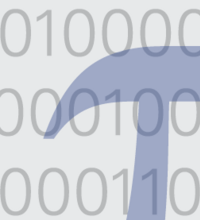Can we remove randomness from randomized algorithms? In this tutorial, we explore questions like this, and study basic techniques such as k-wise independence, epsilon-biased spaces, error-correcting codes, and probabilistic existence arguments.
The second session of this mini course will take place on Tuesday, January 17 from 11:00 am – 12:00 pm; the third session of this mini course will take place on Wednesday January 18 from 9:30 am – 10:30 am; the fourth session of this mini course will take place on Wednesday, January 18 from 11:00 am – 12:00 pm.



